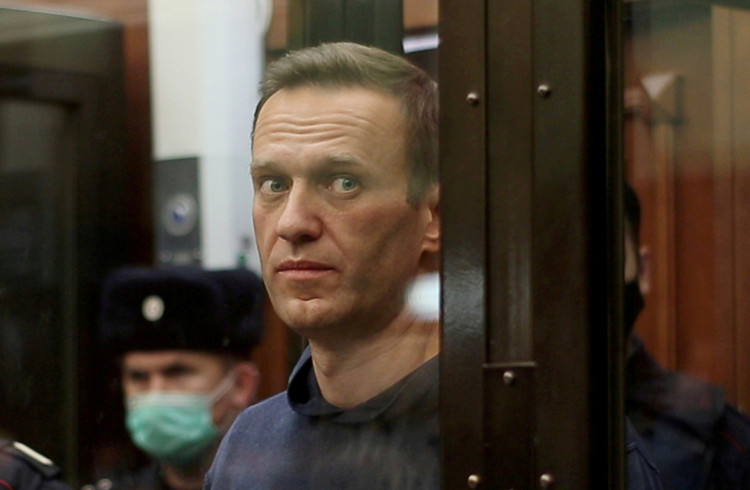In a stark display of mourning and defiance, over 400 individuals were detained across Russia as citizens paid tribute to Alexei Navalny, the opposition leader who recently died under mysterious circumstances at a remote Arctic penal colony. Navalny, known for his vigorous critique of President Vladimir Putin, succumbed at the age of 47, igniting a wave of international condemnation and domestic unrest.
The grief over Navalny's demise was palpable, with makeshift memorials springing up across Russian cities. Citizens brought flowers and candles, turning public spaces into sites of collective mourning. However, the Russian authorities responded with a crackdown, detaining 401 individuals in various cities, including more than 200 in St. Petersburg alone, as reported by the OVD-Info rights group.
The global community has largely pointed fingers at Putin for Navalny's death. President Joe Biden, echoing sentiments from around the world, held Putin accountable, stating, "Putin is responsible. Whether he ordered it, he's responsible for the circumstance." This sentiment was amplified by Democratic Sen. Michael Bennet, who unequivocally stated, "no doubt Putin did this."
Navalny's death not only marks a significant moment in Russian political dissent but also raises questions about the future of opposition within the country. His demise comes just a month before Russia's presidential election, casting a long shadow over the electoral process.
The circumstances of Navalny's death remain shrouded in mystery, with Russian authorities citing "sudden death syndrome." However, skepticism abounds, particularly given Navalny's history of surviving a nerve agent poisoning and his repeated incarcerations. The Kremlin's silence and the delay in releasing Navalny's body have only fueled suspicions and calls for justice.
In an emotional response, Navalny's wife, Yulia Navalnaya, took to social media to express her grief, sharing a poignant image of the couple with the caption "I love you." Her post and subsequent statements at the Munich Security Conference underscored the personal tragedy amidst the political storm, as she vowed that those responsible for her husband's demise would face consequences.
As the world watches, the repercussions of Navalny's death continue to unfold, not only within Russia but also in the broader geopolitical arena. The incident has rekindled debates about support for Ukraine, energy policies, and the West's stance on Russia's internal and external aggressions. Amidst this turmoil, the Russian populace's resolve and the international community's reaction to Navalny's untimely death will undoubtedly shape the discourse on freedom, justice, and authoritarianism in the times to come.




